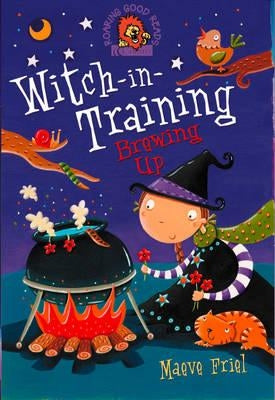Alien (4K Ultra HD)
$19.99
$26.99
Star Trek Voyager: The Complete Series (DVD)
$103.99
$144.99
Brewing Up
$4.99
$5.99
Prometheus (4K Ultra HD)
$20.99
$30.99
The Thing (4K Ultra HD)
$23.99
$29.98
The Ones We're Meant to Find
$12.99
Orleans
$12.99
The Hamilton-Burr Duel
$16.99
The Oceans Between Stars
$7.99
Fragments
$10.99
The Colossus Rises
$17.99
Variant
$10.99
The Bleed
$17.99
The Key
$34.99
The Rise of Devils
$16.99
Time of the Cat
$18.99
Steel Legacy
$18.95
What Really Happened
$16.99
The Rescue
$9.99
3g: Nathan
$17.99
The Ghosts of Trappist
$18.99
The Scorched Volume 4
$17.99
Latency
$22.99
Latency
$14.99
Lunar Logic
$12.99
Monroe Doctrine: Volume VIII
$31.99
Pale Grey Dot
$23.95
Carbon Copy
$22.99
Universe Within
$17.95
LegionPress
$29.99
A Feast for Flies
$11.99
Planet of Adventure
$23.99
Judge Dredd: A Penitent Man
$24.00





















































